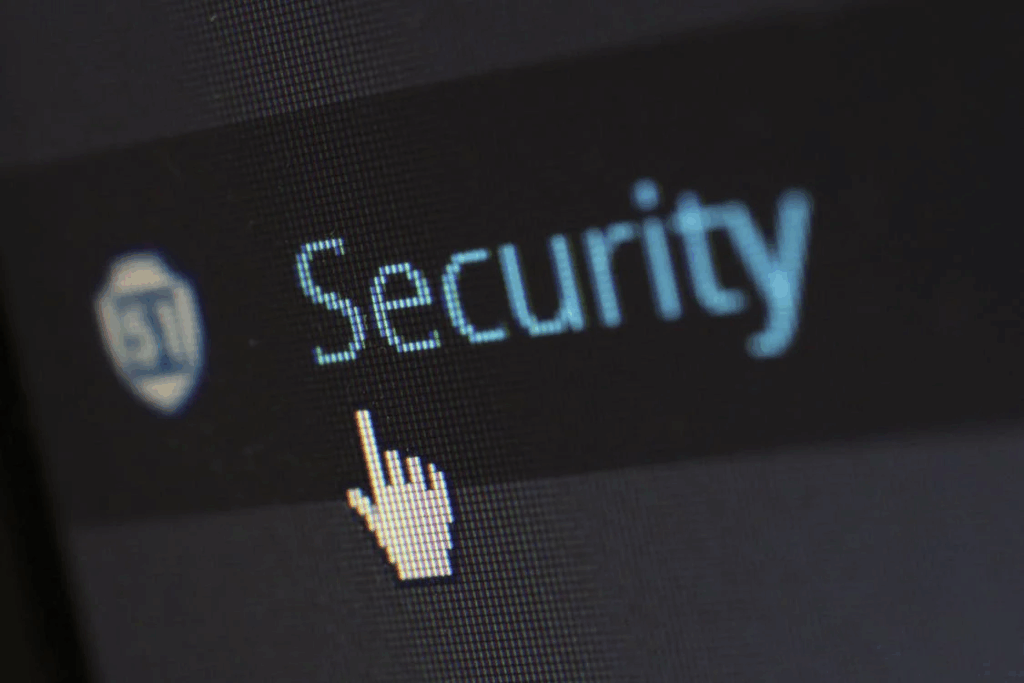Many entrepreneurs wear multiple hats. From building the product to hiring the team, they handle a range of tasks. One area that often gets overlooked is cybersecurity.
As the founder or decision-maker, you’re responsible for ensuring your business systems are protected. When you understand the basics of cybersecurity, you can make better decisions about data protection, vendor security, and compliance.
Holding a recognized certification signals that you take security seriously. It helps when pitching your product to enterprise clients or when you’re seeking investment. Security-conscious investors are more likely to trust founders who are prepared for digital risks.
The Right Cybersecurity Certifications for Founders and Business Owners
Let’s look at the certifications that offer the best return for entrepreneurs. These are not just technical badges, they show leadership, planning, and risk management skills.
Certified Information Systems Security Professional (CISSP)
CISSP is one of the most respected certifications in the industry. While it is often pursued by security professionals in large organizations, it also suits founders who lead tech teams or build security products.
The exam tests your knowledge across key areas such as risk management, security architecture, and access control. By earning this certification, you show that you understand how to build and manage secure systems.
For entrepreneurs, this certification proves that your approach to security is structured and compliant with industry standards. It also helps you communicate effectively with CTOs, security consultants, and potential enterprise clients.
Certified Information Security Manager (CISM)
CISM focuses more on the management side of security. It’s designed for professionals who plan and oversee security policies and programs. Entrepreneurs benefit from this certification because it helps them align business goals with security needs.
If you’re working in industries like finance, healthcare, or legal tech—where compliance is important, CISM gives you the credibility to handle sensitive data.
Unlike more technical certifications, CISM helps you speak the language of risk management. This makes you better prepared for investor meetings, audits, or vendor discussions where data security comes up.
Certified Ethical Hacker (CEH)
CEH teaches you how hackers think and operate. It’s a practical certification that shows you can find and fix system weaknesses before someone else does.
Entrepreneurs in cybersecurity startups or SaaS businesses can benefit from CEH. It gives you hands-on knowledge of tools and tactics used in cyberattacks.

Understanding these techniques can help you lead your tech team better or even identify gaps in your own platform. This is particularly useful when your product deals with user data, payments, or communication systems.
CompTIA Security+
If you’re new to cybersecurity, Security+ is a great place to start. It covers core concepts like network security, identity protection, and risk management.
This certification is less technical than others but still gives you a solid foundation. Entrepreneurs with little IT experience can use this to get up to speed quickly and contribute meaningfully to security discussions.
Security+ can also help you guide early employees or outsourced IT providers, ensuring everyone follows good security practices from the beginning.
Online Learning Options for Busy Entrepreneurs
For many startup founders, time is limited. In-person bootcamps or university programs may not be practical. Thankfully, online platforms offer flexible ways to upskill in cybersecurity without pausing business operations.
One such platform is Cybrary, which provides guided certification prep, hands-on labs, and career paths across different cybersecurity roles. Whether you’re aiming for CompTIA Security+, CEH, or CISSP, platforms like Cybrary offer structured lessons and practice tools to help you prepare effectively.
If you’re just starting out or looking for a way to explore multiple areas before choosing a certification, Cybrary’s format can support that learning process. However, it’s important to compare multiple platforms and choose one that fits your schedule, goals, and preferred learning style.
How Certifications Build Credibility for Founders
Cybersecurity certifications do more than teach technical skills—they help build trust.
As a founder, your reputation matters. When you’re pitching to investors, trying to land enterprise clients, or applying for accelerators, certifications can work in your favor. They serve as proof of knowledge, showing you’re aware of the risks and have taken steps to reduce them.
Certifications also help you have informed conversations with your tech leads, product teams, or security vendors. You don’t need to do the technical work yourself, but you do need to understand what’s at stake.
A few ways certifications boost credibility:
- Investor confidence: VCs want to know you can handle digital risk.
- Customer assurance: Clients, especially in B2B SaaS, care about data protection.
- Market differentiation: A founder with domain knowledge stands out in crowded markets.
Choosing the Right Certification
Picking a certification depends on your industry, the product you’re building, and how involved you are in the technical side of things.If you’re unsure where to begin, Security+ is a good entry point. If you’re already running a tech startup, CEH or CISM might offer more relevant depth.
|
Certification |
Best For |
What It Proves |
|
CISSP |
Founders building in security, finance, or enterprise SaaS |
Strong grasp of architecture and compliance |
|
CISM |
Entrepreneurs managing security policies or audits |
Security governance & business alignment |
|
CEH |
Tech founders in data-sensitive startups |
Knowledge of hacking tools and prevention |
|
Security+ |
Beginners who want core security understanding |
Baseline skills for IT and security leadership |
Final Thoughts
As cybersecurity becomes a core part of business strategy, entrepreneurs must be prepared. Earning a certification is not about showing off a badge, it’s about making better decisions, protecting your product, and building trust.

You don’t need to become a security expert overnight. But taking the time to learn, upskill, and certify shows responsibility and that’s something every serious founder should aim for.



